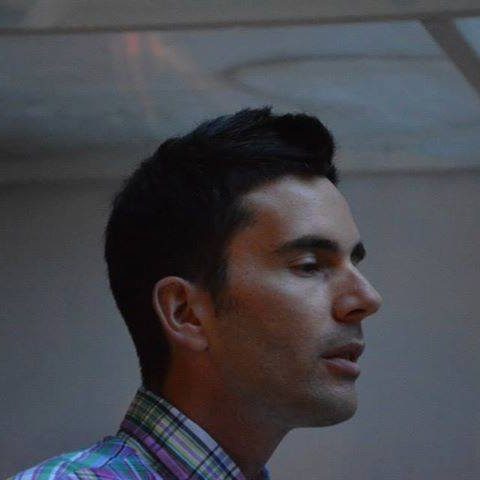Conference paper
Publication Types:
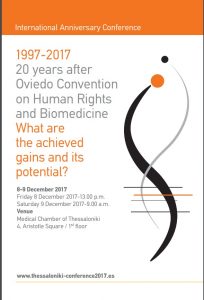
20 years after the Oviedo Convention on Human Rights and Biomedicine
Attempting to link these three concepts and to see what each of these means for the other
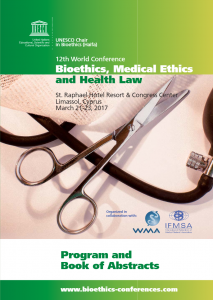
The Subtle Colourings of (informed) Consent in Sports Doping
It discusses in what way do athletes consent in using doping; can it just be a matter of black and white, consenting or not consenting? I argue that it is a more complex process and I suggest a method for exploring consent types.
After presenting a multipole of consent-cases, I argued that it is not just a matter of black or white as far as consent is concerned for the doped athlete. The athlete, any athlete, may come from the most diverse environments being forced to succeed at any cost; forced by whom? By their peers, their trainers, their broader environment. For the athlete, it may be a matter of life and death (as it was for e.g. USSR athletes, or as it partly is now for athletes who have spent a fortune in training academies only to try to make amends with their future success).
The very knowledge background of an athlete, or of their team, also plays a crucial role in their decisions. Issues of trust, ignorance, too much goodwill, wishful thinking, even habit, all come into play. Hence, we need a consent system that accounts for all these cases – and even more. How do we produce such a system? Should we create a catalogue of real cases and then try to find an adequate form of consent?
In contrast to usual scientific practices, this is both sub-optimal and contramethodological. Taking as our starting point the analytic method, we are able to create, a priori, all cases of consent; only after do we apply them (link them) to reality. Therefore, we get cases such as “uninformed consent”, “not uninformed consent”, “intentional uninformed consent”, but also “unintentional exposure”, “not unintentional protection” and hundreds of other consent-related propositions. The next step would be to attribute meaning to as many cases as possible and only then are we allowed to go to the world and discuss the athlete’s behavior in terms of consent.
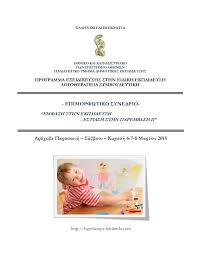
New ideas and directions about musical material in music-therapy (Greek)
Music therapy is an evidence-based clinical use of music to improve various aspects of the life of individuals, namely physical, emotional, mental, social and even spiritual ones. It is closely related to sound-therapy since sound, esp. periodic sound, is the material of music (however in sound therapy one may use sounds that are not periodical, such as white noise).
In its most general, life-quality-related form, music therapy may be used not only in clinical settings but in every setting where any of its benefits is relevant. It is not unusual to see athletes of every level and cultural background to use music to produce any kind of effect: from relaxation and arousal-adjustment to psyching up for competition.
Of course, the selection of music in such cases is more relevant to personal preferences and experiences, rather than a more “educated” selection of appropriate music – while the latter is not at all out of the question: the technology of music and sound therapy has improved so much and it is so wide-spread that even in YouTube there are plenty of works for such occasions (Hemisynch and Holosynch music, music with background frequencies, all of them for every possible effect: relaxation, concentration etc.). The Mozart effect (listening to Mozart to improve learning capacity) is also well known to many therapists and even trainers.
So, what we attempted is to evaluate the technical background of all this ocean of information, esp. of pure music, i.e., music without any additions (such as background frequencies). The main results were two, related to the Mozart effect as well.
- The music usually has effects related not only to some “objective”, “measurable” characteristics of it but mainly based on the listener’s background and preferences.
Regarding the measurable characteristics, the very same musical work may have different effects depending on the kind of intervals it uses, for example, the same Mozart work (we used “a la turca”) may have either a relaxing effect (just intervals) or a stimulating effect (Pythagorean intervals)
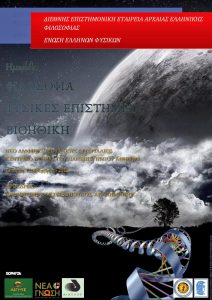
Epistēmē and (vs) Scientia
The identification of the terms epistēmē and scientia (>science) is considered given, both on the level of the signified and of the signifier. It is the first attempt ever to indicate the abyssal difference between these two terms; a difference resulting in grave consequences for the modern area of knowledge called science. Differences
pertain to the level of both terminology and methodology.
